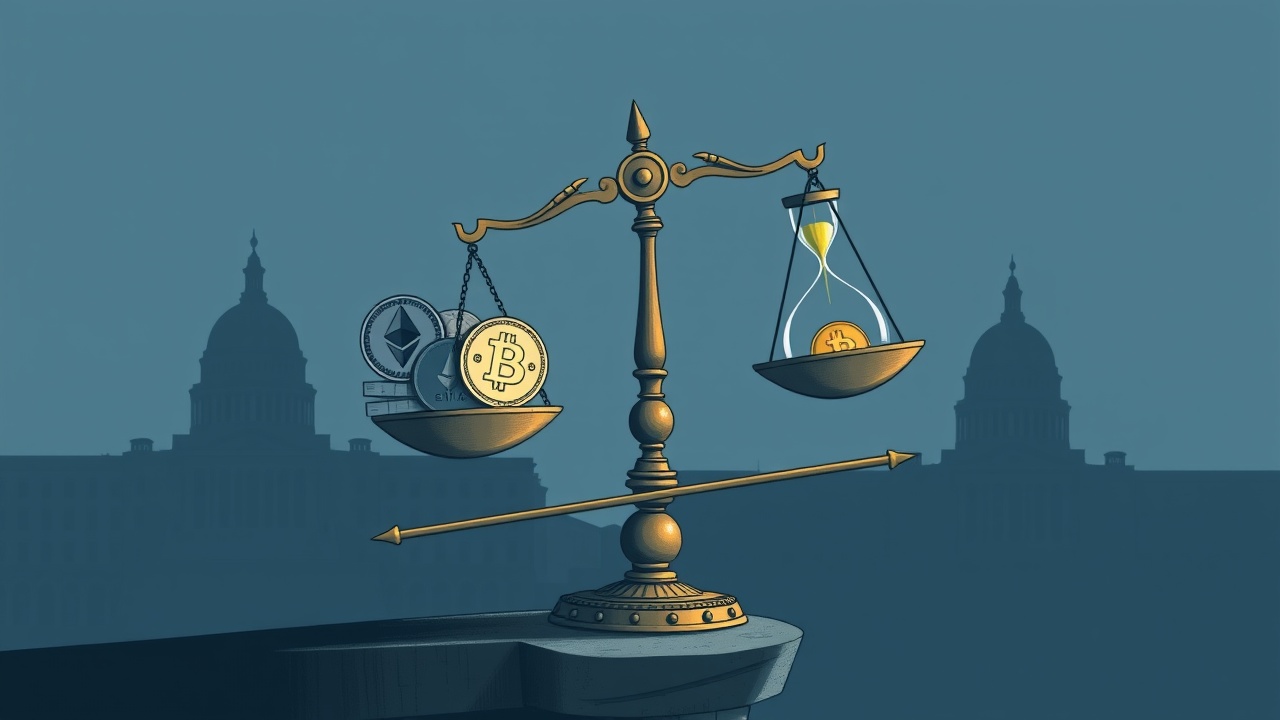Trish Turner’s Resignation from the IRS
Trish Turner, who has held the position of head of the Internal Revenue Service’s (IRS) digital assets division for a brief period of around three months, has announced her resignation. In a reflective post on LinkedIn, Turner expressed profound gratitude for her more than two decades of service with the IRS, stating, “I have closed an extraordinary chapter of my career with deep appreciation for those who shaped my journey and made the work so meaningful.”
Achievements During Tenure
During her tenure, Turner noted that her team successfully navigated several intricate challenges and established enduring programs, significantly contributing to the IRS’s evolving strategy regarding digital assets as they transitioned into mainstream finance.
Future Plans
Although Turner hasn’t disclosed her exact next steps, she did mention that she is eager to continue a similar mission from a different perspective, aiming to strengthen connections between the fintech industry and regulatory bodies. According to a report from Bloomberg Tax, she is set to join Crypto Tax Girl, a firm specializing in cryptocurrency taxation, where she will assume the role of tax director. The firm’s founder, Laura Walter, welcomed the addition of Turner, highlighting her expertise as valuable amidst significant upcoming changes in crypto tax and compliance regulations.
Context of Departure
Turner’s departure comes shortly after she was appointed in May, succeeding Sulolit “Raj” Mukherjee and Seth Wilks, both of whom previously led the IRS’s cryptocurrency unit but left after about a year. Commenting on her exit, economist Timothy Peterson remarked humorously that Turner has transitioned from what he referred to as the “Dark Side” to become a “Crypto Jedi Knight.”
Implications for Cryptocurrency Taxation
This resignation occurs during a pivotal time for cryptocurrency taxation in the United States, particularly following a March proposal from the Department of Government Efficiency (DOGE) suggesting a 20% reduction in the IRS workforce. Recent months have seen an uptick in legislative discussions around crypto tax policies. On July 11, a hearing was set by the House Committee on Ways and Means to discuss necessary actions for establishing a taxation framework for digital assets. Just before that, the US Treasury Inspector General for Tax Administration advised essential reforms in how the IRS’s criminal investigation division manages cases involving digital assets, pointing out numerous instances of protocol breaches. Also noteworthy is a congressional resolution signed by President Donald Trump on April 11, which rescinds a prior rule aimed at requiring decentralized finance (DeFi) protocols to report transactions to the IRS.




